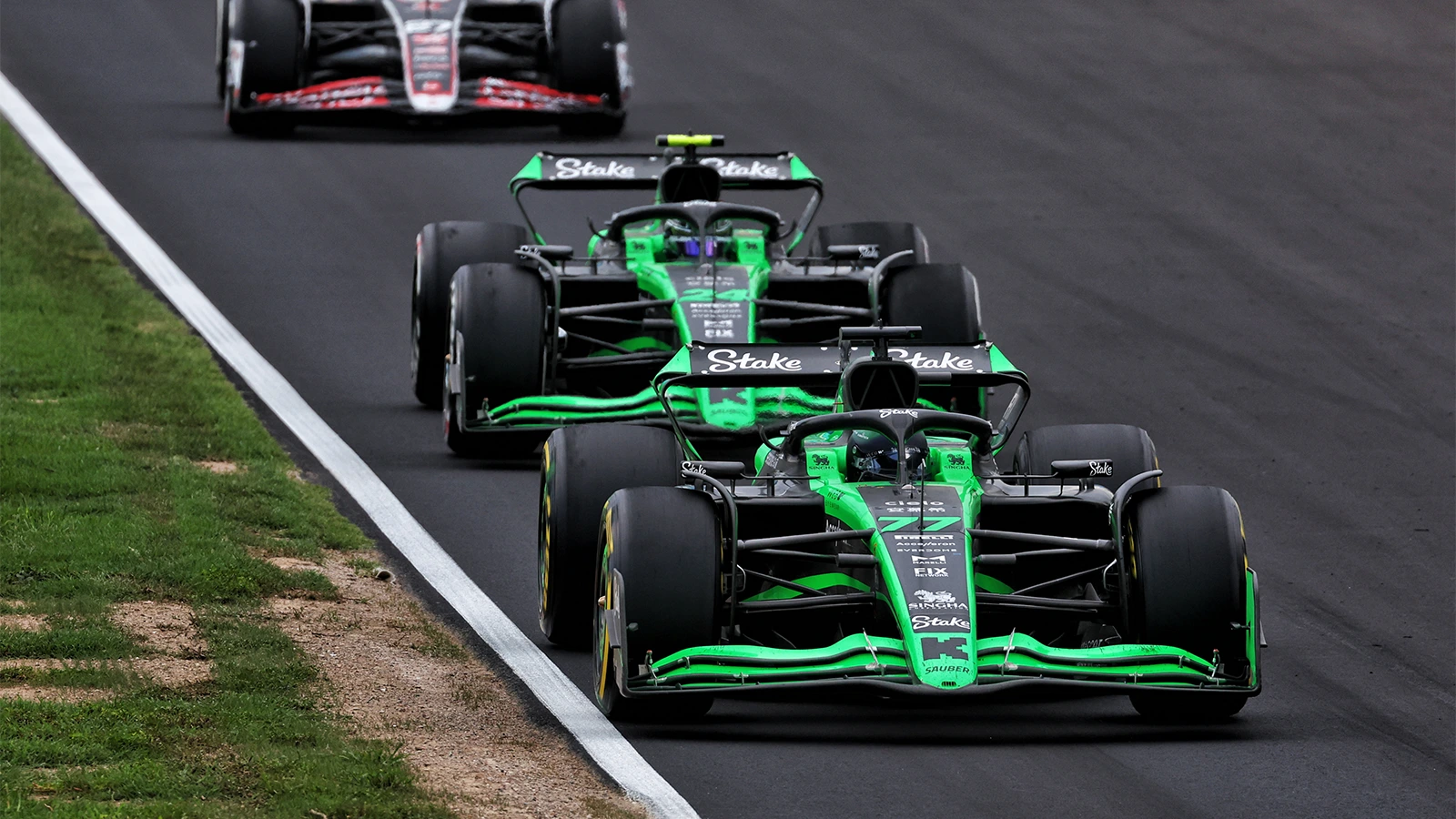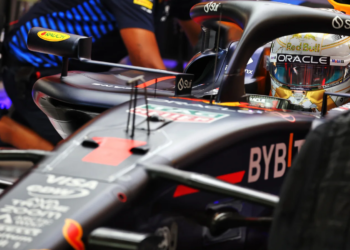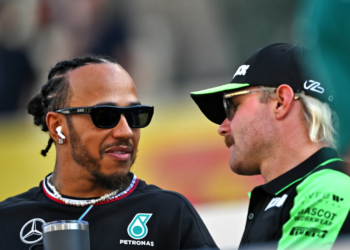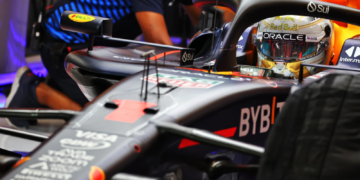Motorsport is a high-octane, adrenaline-fueled spectacle that attracts millions of fans worldwide. With its massive audience, it’s no surprise that the motorsport industry has become a prime advertising space for various brands. Among these are gambling companies, which have increasingly sought to partner with racing teams and events. But is this a good idea? Should gambling companies align themselves with motorsport, and what are the implications of such sponsorships?
A match of adrenaline and risk
Both gambling and motorsport share core elements: excitement, strategy, and risk. This makes motorsport an attractive platform for casino companies looking to reach fans who thrive on the thrill of competition.
As Florian Kuligowski, expert on the online casino market in Poland, said “By sponsoring teams, drivers, or events, online casinos for real money can tap into a loyal and passionate fanbase.”
For instance, a betting company advertising during a Formula 1 race might encourage fans to place wagers on race outcomes, lap times, or other stats. The connection feels natural because motorsport fans already embrace risk and strategy as part of their entertainment.
Economic benefits for motorsport
The motorsport industry is expensive to maintain, with teams requiring significant funding for development, logistics, and operations. Sponsorship deals from gambling companies provide a vital revenue stream. Such partnerships allow teams to innovate and compete at the highest level, enhancing the sport’s quality and spectacle.
Additionally, gambling companies bring global exposure. Their presence as sponsors can help motorsport events reach new markets and audiences, particularly in regions where betting is popular. This mutual benefit strengthens the bond between both industries.
Ethical concerns
While the financial advantages are clear, the relationship between gambling companies and motorsport is not without controversy. Critics argue that advertising gambling in motorsport could contribute to problem gambling, particularly among younger audiences. Motorsport often has a family-oriented image, with children and teenagers watching alongside adults. Promoting gambling within this environment raises ethical questions about targeting vulnerable individuals.
Moreover, some countries have strict regulations on gambling advertising, limiting where and how gambling companies can promote themselves. Partnerships with motorsport could lead to legal complications, as international events like Formula 1 often broadcast to nations with different gambling laws.
Reputation risks for motorsport
There is also the potential for motorsport itself to face backlash. Aligning with gambling companies might alienate fans who disapprove of betting or feel it detracts from the sport’s integrity. Motorsport organisations must carefully weigh the short-term financial benefits against the long-term impact on their reputation.
Striking a balance
To mitigate risks, gambling companies and motorsport organisations must adopt responsible advertising practices. This could include:
- Promoting responsible gambling messages as part of sponsorship campaigns.
- Ensuring advertising does not target minors.
- Partnering only with reputable gambling companies that adhere to strict ethical guidelines.
Such measures can help maintain a balance between financial gains and social responsibility.
Conclusion
The question of whether gambling companies should advertise in motorsport is complex. On one hand, the financial benefits and shared themes of excitement and risk make it a natural partnership. On the other, ethical concerns and potential backlash from fans require careful consideration.
Ultimately, the decision comes down to striking the right balance. With responsible advertising practices, gambling companies can support the growth of motorsport while minimizing potential harm. If done correctly, this partnership can provide value to both industries and their audiences.









